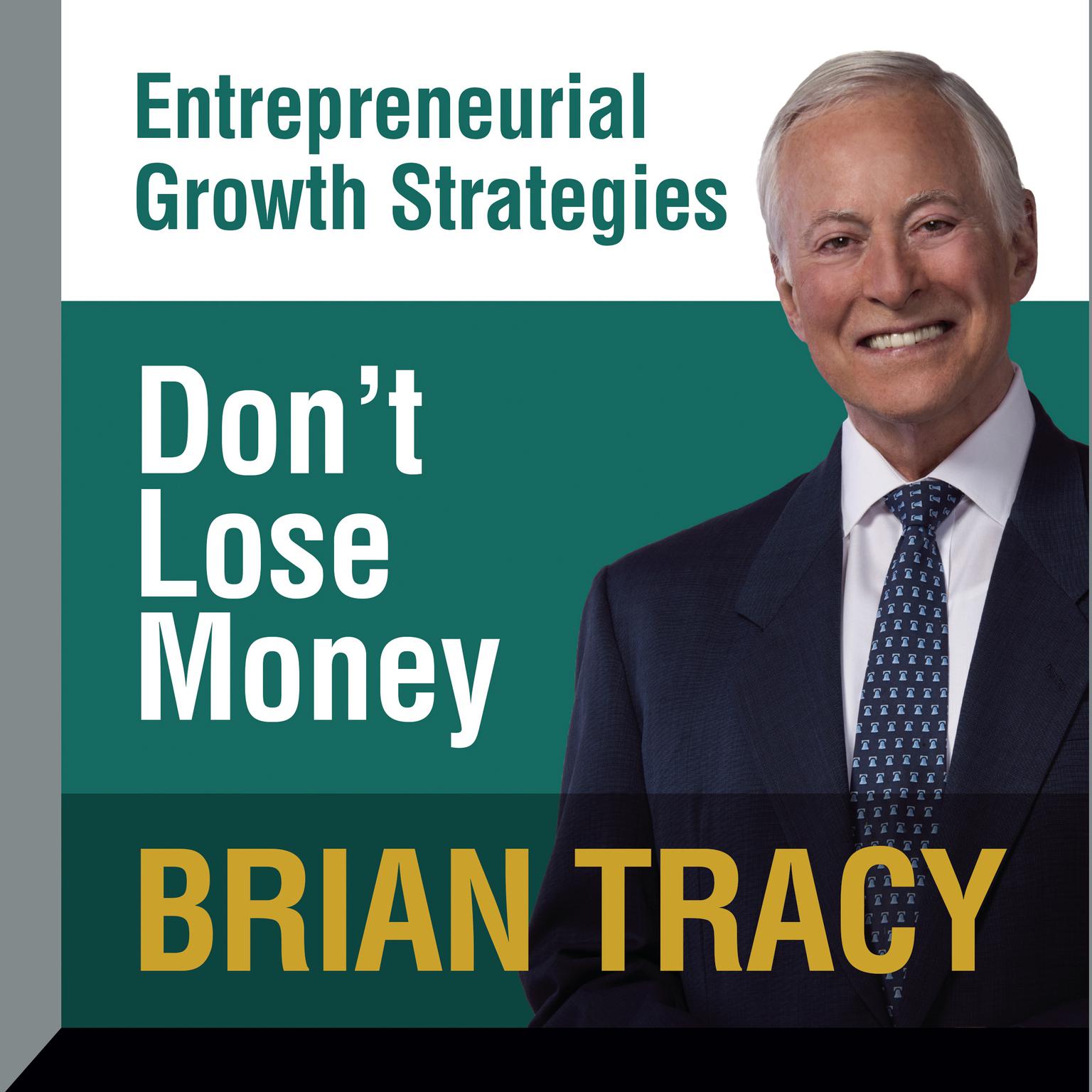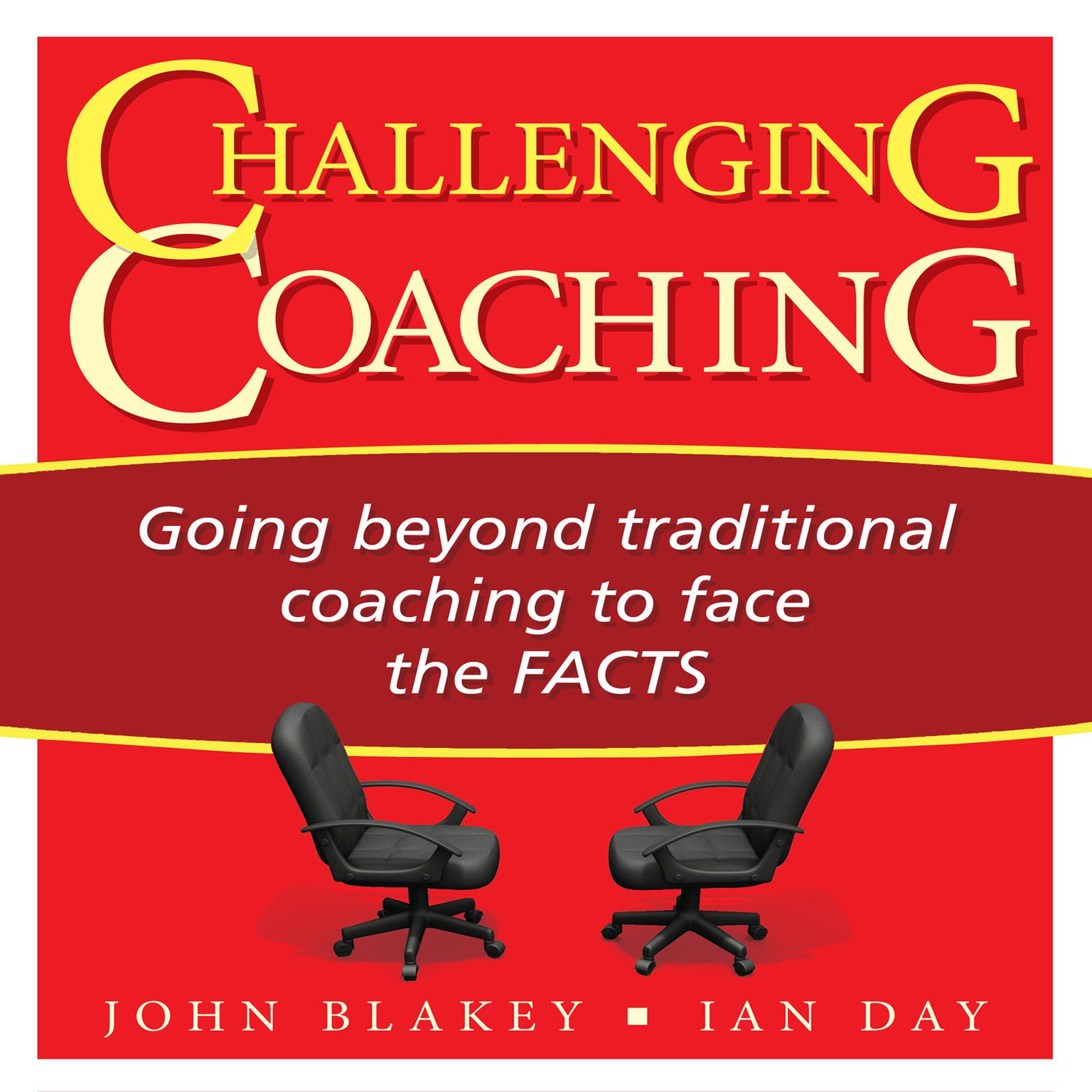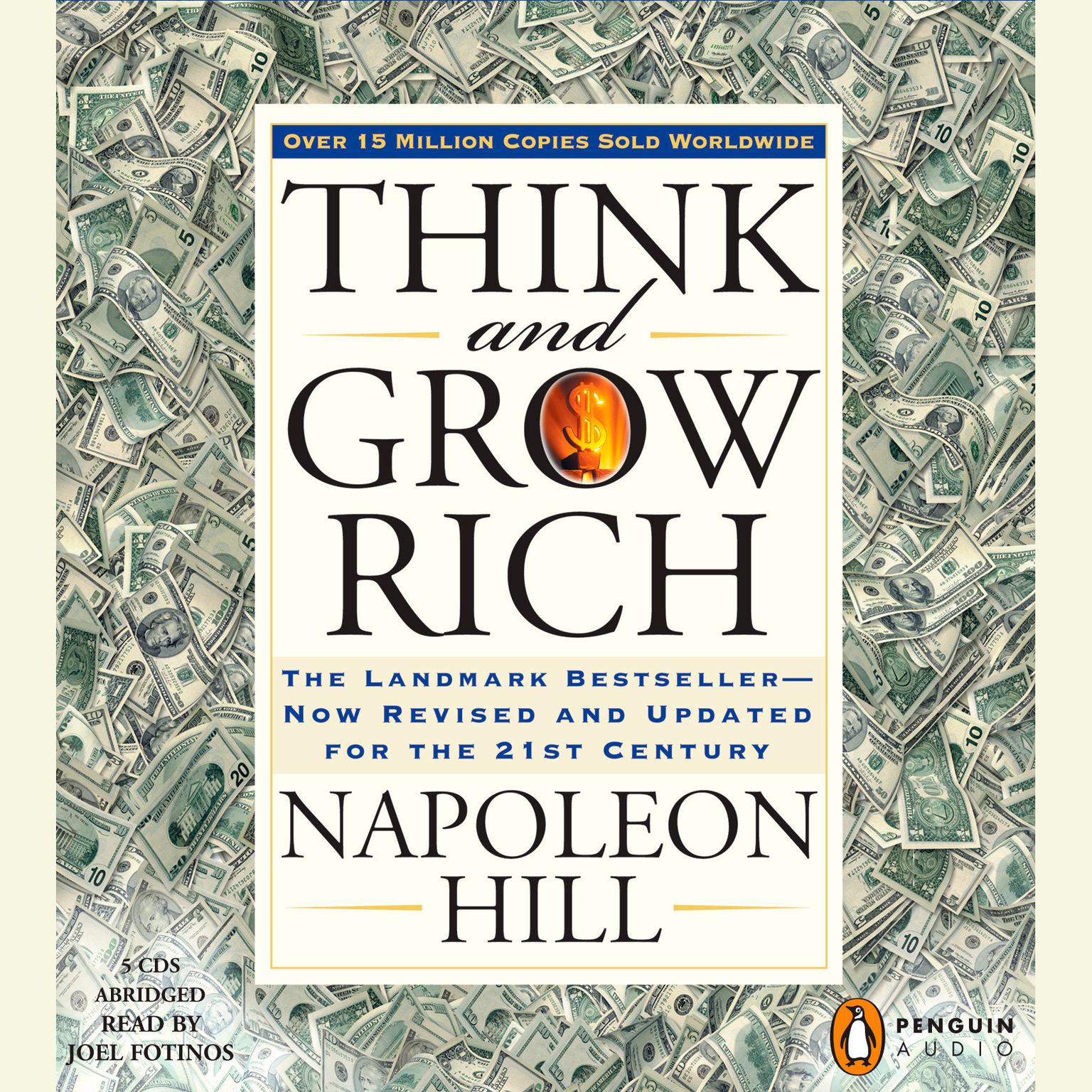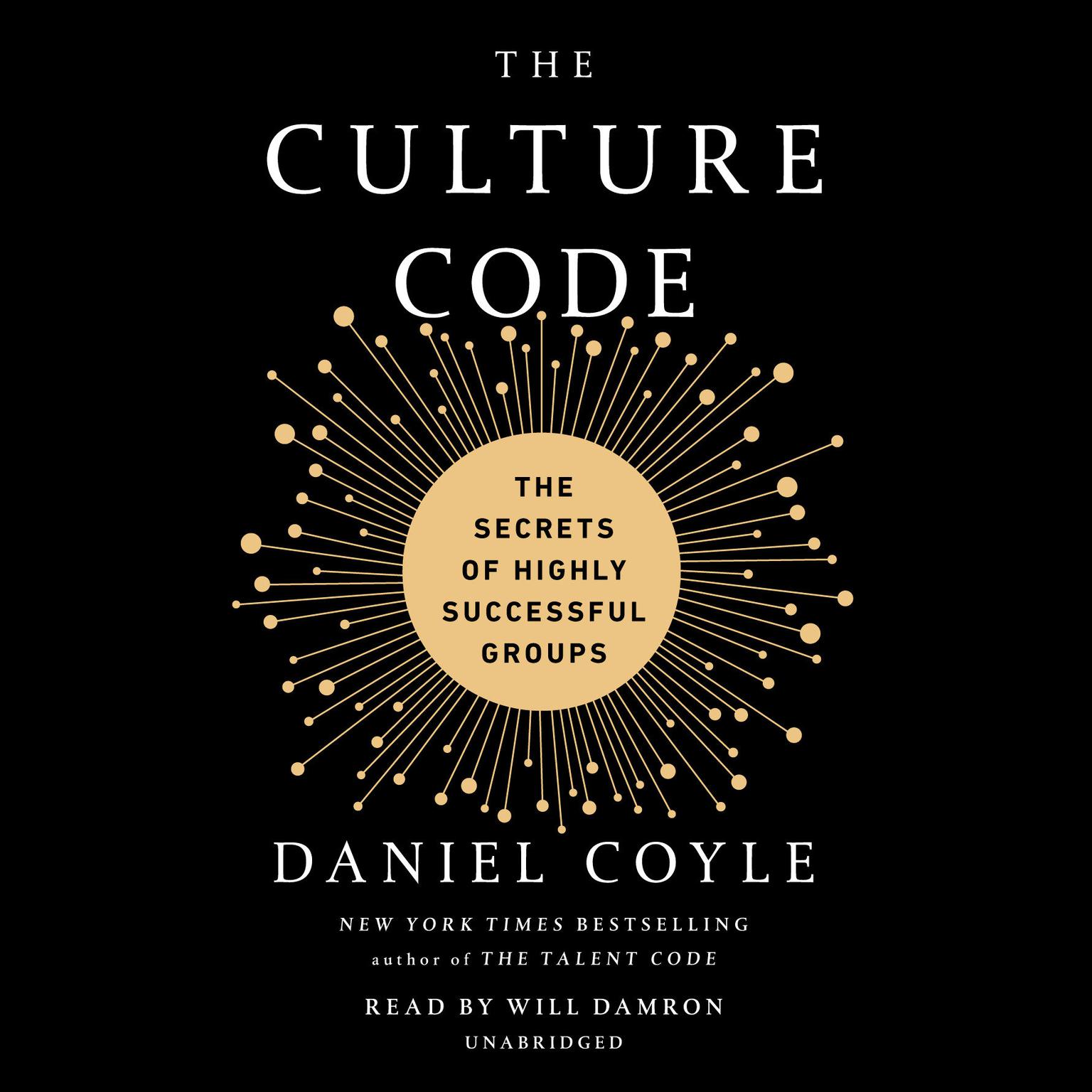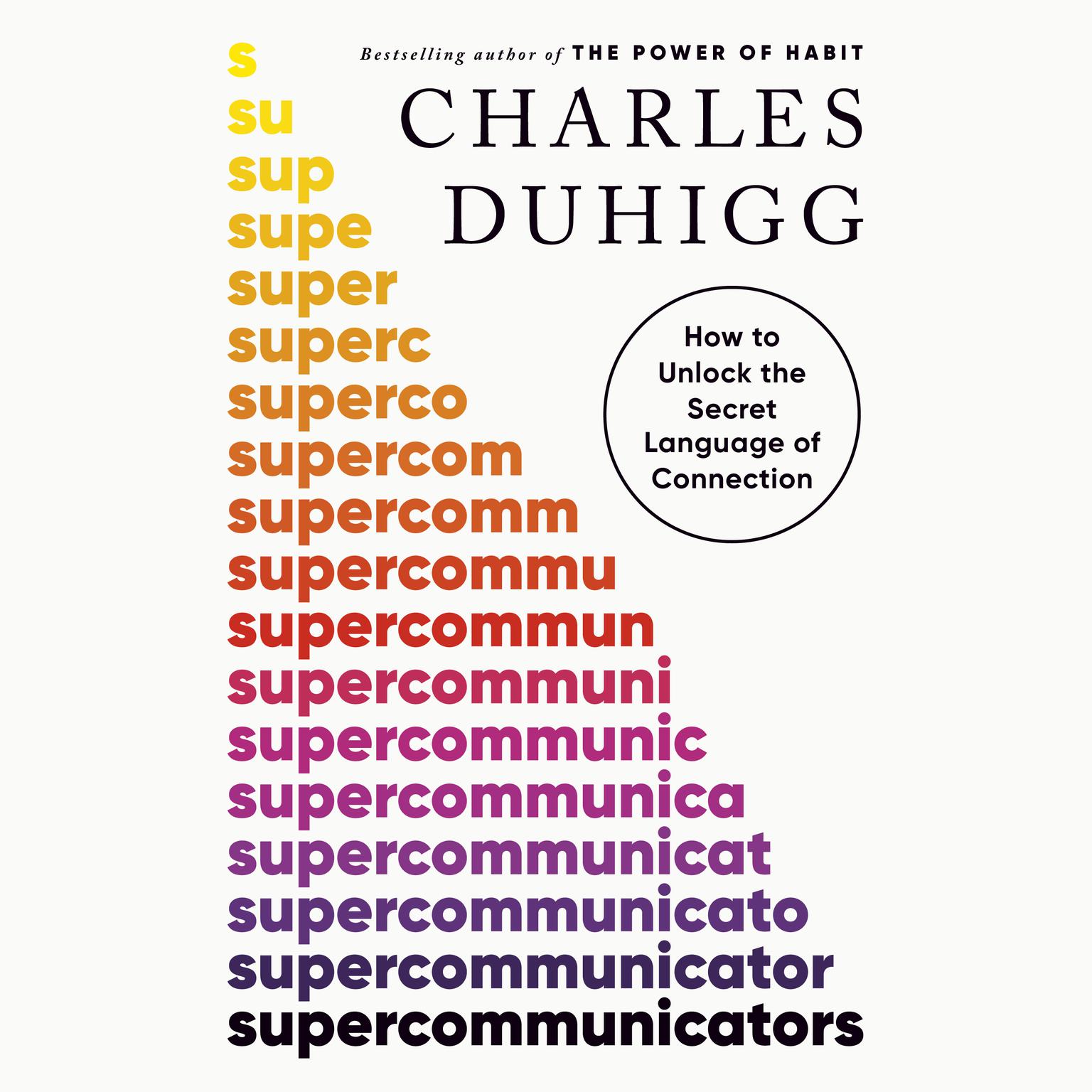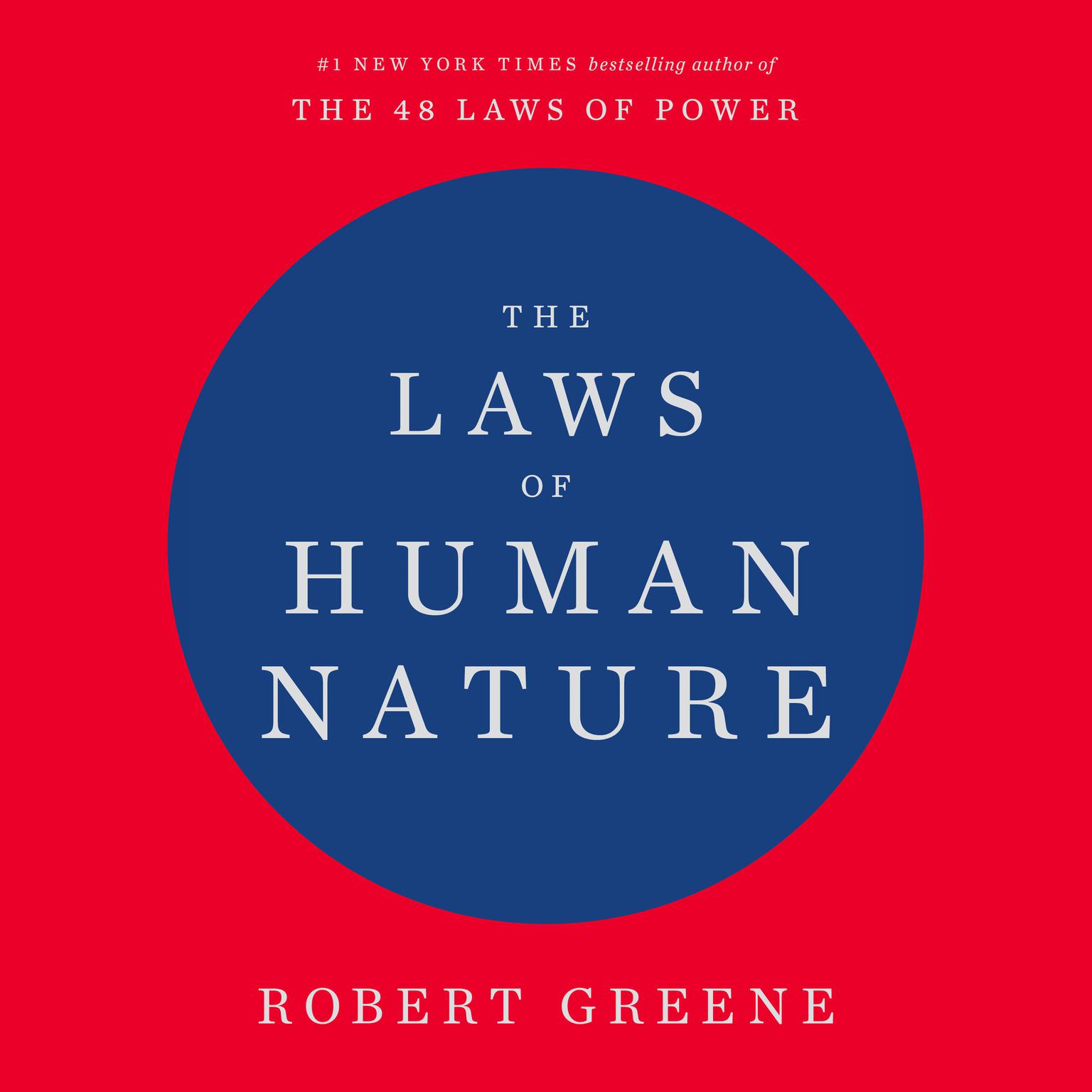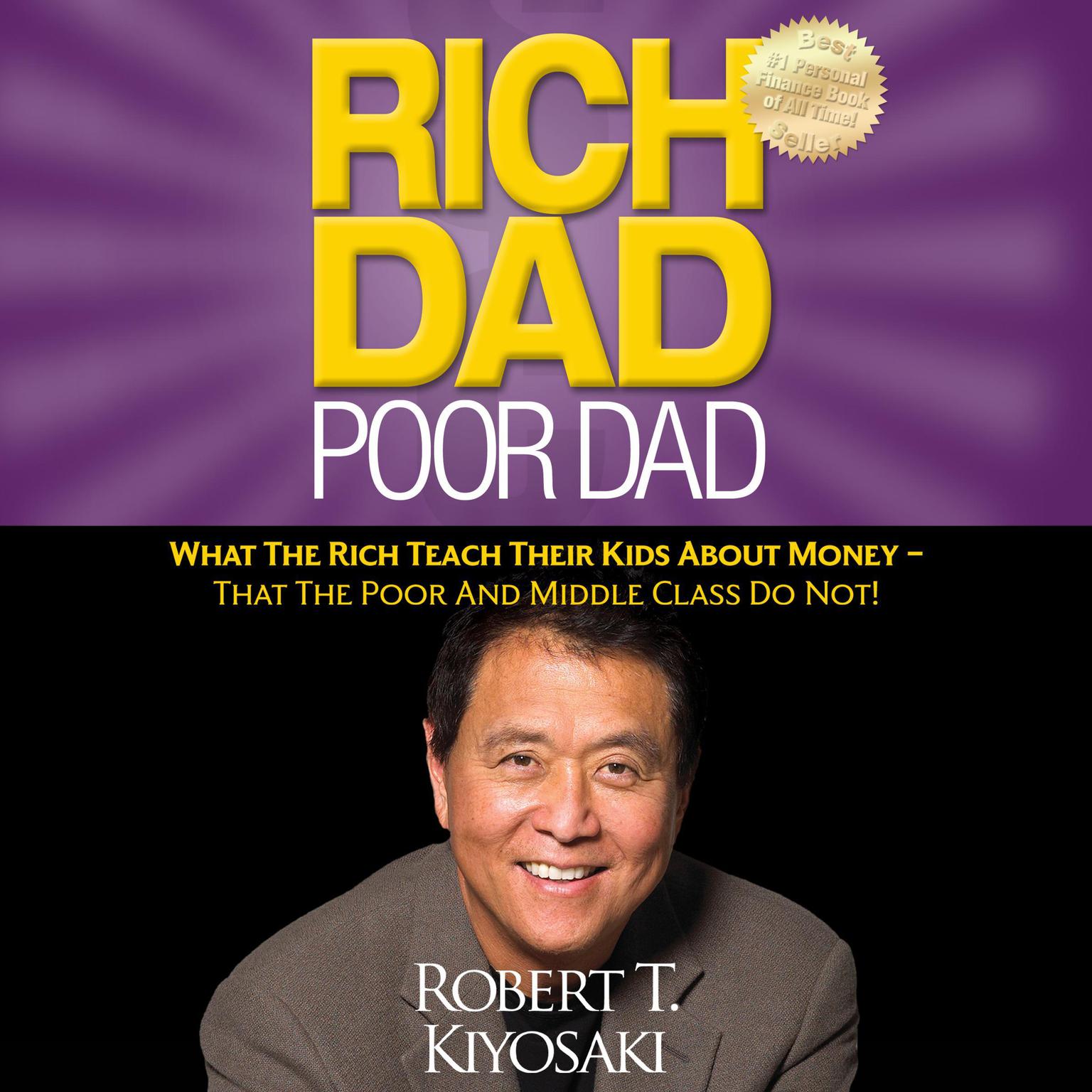Publisher Description
Now in audio, the updated and expanded edition : David Graeber’s “fresh . . . fascinating . . . thought-provoking . . . and exceedingly timely” (Financial Times) history of debt Here anthropologist David Graeber presents a stunning reversal of conventional wisdom: he shows that before there was money, there was debt. For more than 5,000 years, since the beginnings of the first agrarian empires, humans have used elaborate credit systems to buy and sell goods—that is, long before the invention of coins or cash. It is in this era, Graeber argues, that we also first encounter a society divided into debtors and creditors. Graeber shows that arguments about debt and debt forgiveness have been at the center of political debates from Italy to China, as well as sparking innumerable insurrections. He also brilliantly demonstrates that the language of the ancient works of law and religion (words like “guilt,” “sin,” and “redemption”) derive in large part from ancient debates about debt, and shape even our most basic ideas of right and wrong. We are still fighting these battles today without knowing it.
Download and start listening now!
“”Debt: The First 5,000 Years” by David Graeber is a thought-provoking and comprehensive exploration of the history, politics, and cultural significance of debt. Graeber argues that the conventional narrative of debt as a moral obligation to repay is a recent invention, and that debt has played a central role in human society for thousands of years. He challenges the notion that debt is a purely economic phenomenon, and instead shows how debt is intimately tied to power relations, social hierarchies, and cultural values.
Throughout the book, Graeber draws on a wide range of examples from different cultures and historical periods to illustrate his arguments. He shows how debt has been used as a tool of domination and control by rulers, merchants, and bankers, and how debt has been used to justify everything from slavery to imperialism. He also shows how debt has been a source of resistance and rebellion, and how people have used debt to challenge the power of the wealthy and the state.
Graeber’s writing is engaging and accessible, and he manages to combine deep historical research with a sharp critique of contemporary economic and political systems. While the book is at times dense and challenging, it offers a fascinating and provocative perspective on the role of debt in human society. Overall, “Debt” is a powerful and important book that challenges us to rethink our assumptions about money, power, and social relation”—
David Mannix (5 out of 5 stars)

